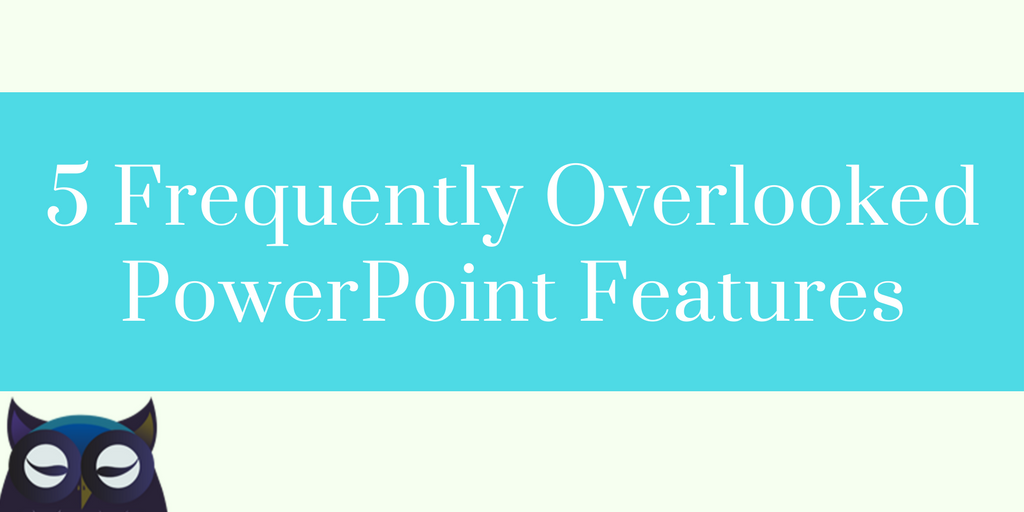

- FREE PRESENTATION TOOLS FOR STUDENTS 2018 HOW TO
- FREE PRESENTATION TOOLS FOR STUDENTS 2018 PDF
- FREE PRESENTATION TOOLS FOR STUDENTS 2018 FREE
I’ve only ever used Google with students but I know many teachers like to start with search engines designed for children. If you teach young students you might be wondering what the best starting place is. Something to think about! Google or a Kid-friendly Search Engine? Dan and his colleagues had their students spend a day rotating around different activities to learn more about researching online. 💡 While teaching research skills is something that should be worked on throughout the year, I also like the idea of starting the year off strongly with a “Research Day” which is something 7th grade teacher Dan Gallagher wrote about. Working with your librarian if you have one.
FREE PRESENTATION TOOLS FOR STUDENTS 2018 FREE
Teachers seeking to improve their own skills - these free courses from Google might help.Providing lots of opportunity for practice and feedback.Embedding explicit teaching and mini-lessons regularly (check out my 50 mini-lesson ideas here!).The topic of researching and filtering information can be broken down in so many ways but I believe the best approach involves:
FREE PRESENTATION TOOLS FOR STUDENTS 2018 HOW TO
How to Teach Information Literacy and Online Research Skills Scroll down to find a handy poster for your classroom too. You’ll learn a 5 step method to break down the research process into manageable chunks in the classroom. This post offers tips and suggestions on how to approach this big topic.

On top of these difficulties some students face other obstacles including: low literacy skills, limited internet access, language barriers, learning difficulties and disabilities.Īll of the skills involved in online research can be said to come under the term of information literacy, which tends to fall under a broader umbrella term of digital literacy.īeing literate in this way is an essential life skill. Phew! No wonder things often don’t turn out as expected when you tell your students to just “google” their topic.
FREE PRESENTATION TOOLS FOR STUDENTS 2018 PDF
No time to read this post?I can email you a PDF eBook version that includes three posters to use in your classroom.


 0 kommentar(er)
0 kommentar(er)
